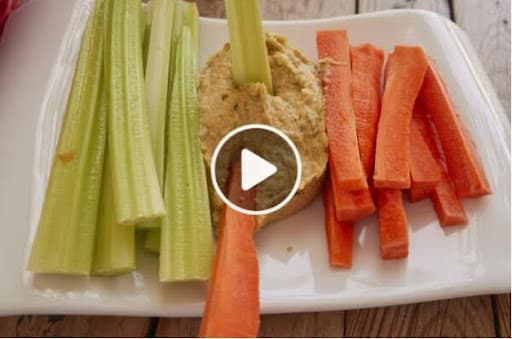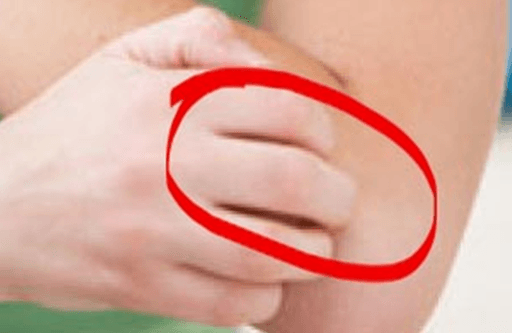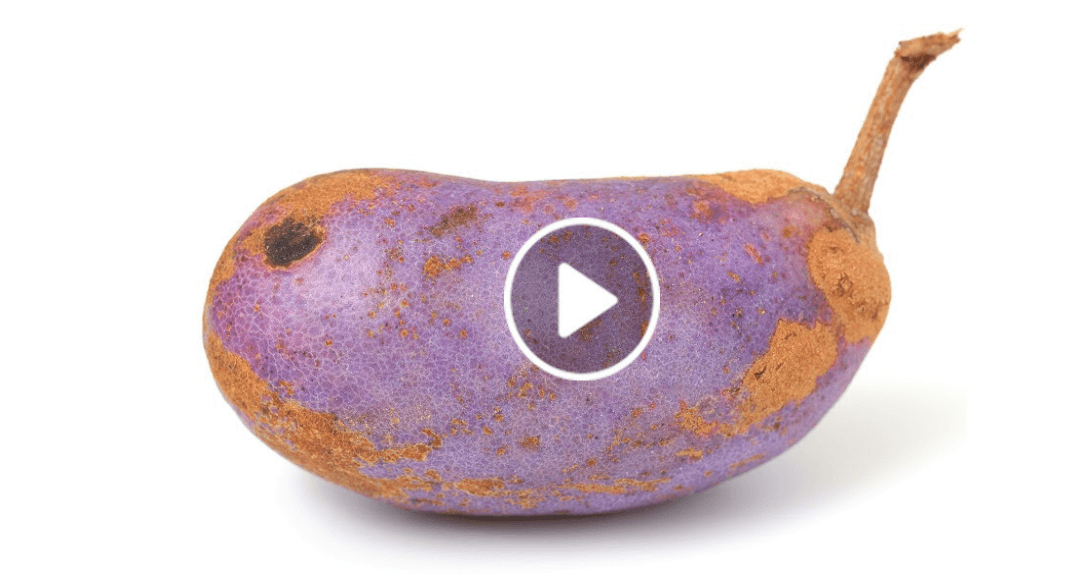Top 5 Low-Carb Foods That Don't Spike Blood Sugar
For years, mainstream health advice has attributed cardiovascular problems to saturated fats and cholesterol. However, experts are now steering away from these conventional notions. Rather than focusing solely on fats, many are pointing to overconsumption of carbohydrates as the leading factor in these health concerns. Carbohydrates, especially refined sugars from processed foods, are taking center stage in dietary discourse, not given their tendency to cause insulin resistance, which leads to conditions such as obesity and diabetes.
Low-carb diets are often touted for their health benefits, yet it is vital to recognize not all carbohydrates are created equal. Foods like chickpeas, flaxseeds, and others high in fiber and nutrients can form the foundation of a robust dietary strategy. Through maintaining a balance of low-carb, nutrient-dense foods, individuals can guard against both high blood sugar levels and nutritional deficiencies.
Spearheaded by Dr. Miranda Graham, foods such as raspberries, chickpeas, flaxseeds, red cabbage, and broccoli sprouts are identified as ideal low-carb options. These powerhouses exhibit low carbohydrate to fiber ratios, minimizing blood sugar spikes. By understanding the specific ratios of carbohydrates to fiber, individuals can form dietary plans that support health principles and long-term benefits.
A key takeaway is acknowledging the significance of the carbohydrate to fiber ratio when selecting foods. For instance, ras raspberry company shows that understanding and utilizing this ratio along with consuming whole foods can serve as a barrier against high glucose absorption and contribute to sustained health.
“Science that's not questioned is religion.”
A nuanced take on nutrition is beneficial. For instance, fiber is not seen as the ultimate solution or the single problem; it's one of several factors that combine to influence overall health. Despite mixed perspectives offered by professionals, such as Dr. Robert Lustig, it becomes evident that processed food remains an enemy in every camp — or ally for healthy diets sought at grassroots levels.
Through ongoing discourse, crit.raviest understand the metabolic and nutritional contributions of fiber, enriching the gut biome, and reducing chronic disease susceptibility. Are anti-inflammatory and encouraging wellness without heavily glucose-laden culprits becoming clearer with each debate.
Professionals and dietary experts encompasses forwarding how individuals could access transformative health benefits. Proper dietary repurposing creates room sigizing goodness from enhanced body systems. All these reaffirm the need for ingredient wisdom influence through meal containers so breaks proving society isn anothermaturing contemporary.
Moving away from process salt fluids strict icing,s, these perpetrate credits,trition reforms syst relation gluc placebo continue essegaeader culminaivity.
From Around The Web
Wellness Inbox is a blog & weekly newsletter that curates trending news and products related to health and wellness from around the web. We also gather content from various sources, including leading health professionals, and deliver it directly to you.
Please note that we may receive compensation if you purchase any products featured in our newsletter. Wellness Inbox is not affiliated with, nor does it endorse, any health professionals whose content may appear in our newsletter. The information provided is for general informational purposes only and should not be considered medical advice.
The information provided is not intended to replace professional medical advice, diagnosis, or treatment. All content, including text, graphics, images, and information available is for general informational purposes only. We do not guarantee the accuracy or completeness of any information presented and assume no liability for any errors or omissions. The content is subject to change without notice. We encourage you to verify any information with other reliable sources and consult your physician regarding any medical conditions or treatments.







